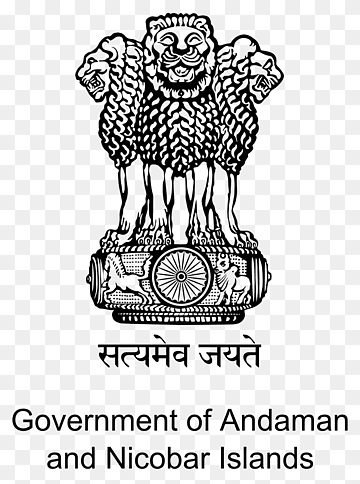What is the full form of MIA
MIA: Ministry Of Internal Affairs
MIA Stands for the Ministry Of Internal Affairs. The Ministry of Internal Affairs is responsible for a wide range of duties, the most significant of which include internal security, border control, Center-State relations, administration of Union Territories, management of Central Armed Police Forces, disaster management, etc. Though "public order" and "police" fall under the purview of the States under Entries 1 and 2 of List II, the "State List," in the Seventh Schedule to the Constitution of India, Article 355 of the Constitution mandates that the Union defend each State against external aggression and internal unrest and ensure that each State's government operates in accordance with the Constitution. In order to fulfill these duties, the Ministry of Internal Affairs continuously monitors the internal security situation, issues pertinent advisories, shares intelligence inputs, and provides manpower, financial support, guidance, and expertise to the State Governments for the maintenance of security, peace, and harmony without infringing upon the States' constitutional rights.

Functions Of the Ministry Of Internal Affairs (MIA)
- The Ministry of Home Affairs' duties primarily concern safeguarding the country's peace and security.
- The Ministry's major duty is to maintain law and order in the states and union territories.
- The Home Ministry continues to be in charge of law enforcement and public safety despite the transfer of public services to the Ministry of Personnel. A lot depends on the police force, which is a crucial component of governance.
- In this regard, the administration of the Indian Union Territories falls under the purview of the union government, which also serves as the real repository of power.
- In the case of a hostile assault, civil defense strives to preserve industrial productivity, reduce property damage, and save lives. Except for a small nucleus establishment, it is mostly organized on a volunteer basis. In the majority of states, these guards are employed as a member of the police force and given a variety of responsibilities.
- The majority of high-level jobs, including as governors, lieutenants governors, chief commissioners, and members of the interstate commission, are of significance to the ministry. It is also concerned with the terms and circumstances of these officers' employment.
Roles And Responsibilities Of the Ministry Of Internal Affairs (MIA)
- The Ministry conducts its operations directly and through law enforcement organizations, such as governmental entities, bodies for citizen self-government, other groups, and the media.
- Defending the constitutional order, the rule of law, and the security of the individual, society, and state; protecting the rights, liberties, and legal interests of people; protecting the property of individuals and legal entities.
- Establishment of systematic, focused connection with the populace, tight collaboration with institutions of citizens' self-government and other organizations of civil society.
- In order to protect the next generation from the ideologies of terrorism, religious extremism, violence, and cruelty, it is important to educate minors and young people in the spirit of love for the Motherland, patriotism, respect for national and universal values, and to organize practical work in this area.
- Controlling, coordinating, and guaranteeing the efficiency of law enforcement agency activities at all levels, particularly in the areas of crime prevention, criminal fighting, crime detection, forensic activities, inquiries, and preliminary investigations.
- Keeping the peace and ensuring public safety, organizing control over adherence to regulations regarding the purchase, registration, storage, and use of illegal or restricted weapons, other items, and substances, ensuring road safety, and organizing control over compliance with immigration and passport laws are just a few examples.
- Execution of criminal sentences and other criminal-legally influenced actions, correction, and reeducation of inmates, and missing person searches are all organized.
- Make ideas to strengthen legislation and law enforcement procedures after conducting a thorough examination of the causes of the offenses and the environments that support them.
- Fostering a culture of compliance with the law and respect for human rights and freedoms in society, cultivating in citizens an attitude of intolerance for legal transgressions.
- The establishment of a successful system for the legal and social protection of law enforcement employees, including training, retraining, advanced training, selection, and placement of police personnel.
|

 For Videos Join Our Youtube Channel: Join Now
For Videos Join Our Youtube Channel: Join Now










